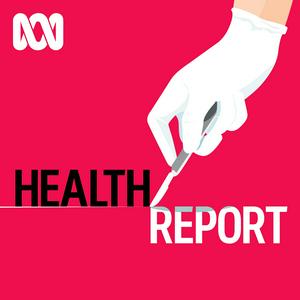A study has found self-collection swabs are enabling more women to be screened for HPV, which is the leading cause of cervical cancer.
Vaccination against HPV has also been shown not to wane in a long-term follow up of more than 300,000 girls and women.
And another win for exercise — moderate to vigorous physical activity has been associated with a lower risk of death among survivors of bladder, endometrial, lung, rectal and ovarian cancers.
References
Uptake and performance of self-collection offered through primary care to all eligible participants in a national cervical screening programme in Australia: a retrospective cohort study
Extended follow-up of invasive cervical cancer risk after quadrivalent HPV vaccination: nationwide, register based study
Leisure-Time Physical Activity and Cancer Mortality Among Cancer Survivors


